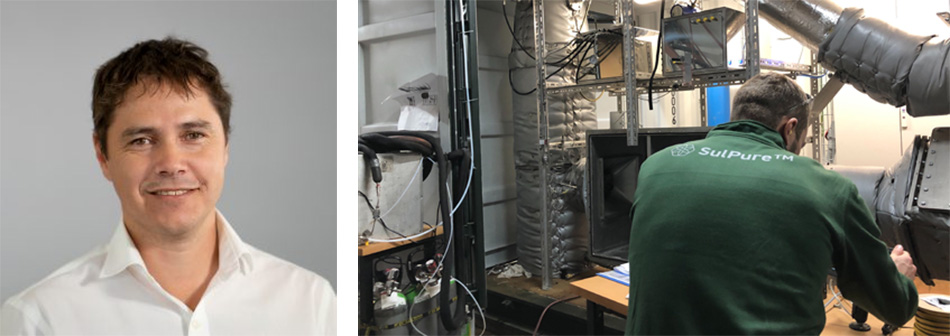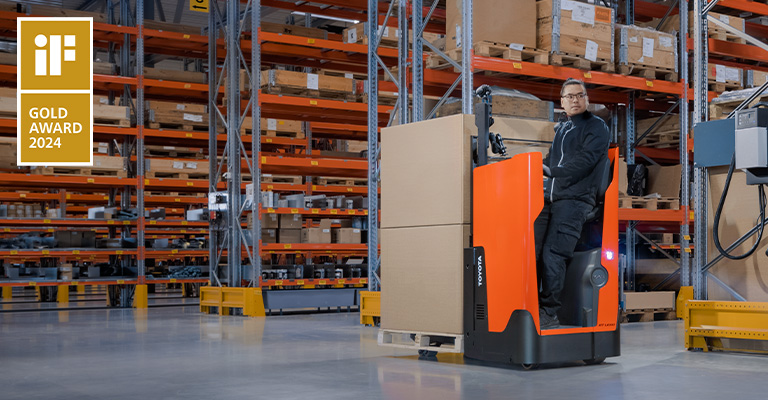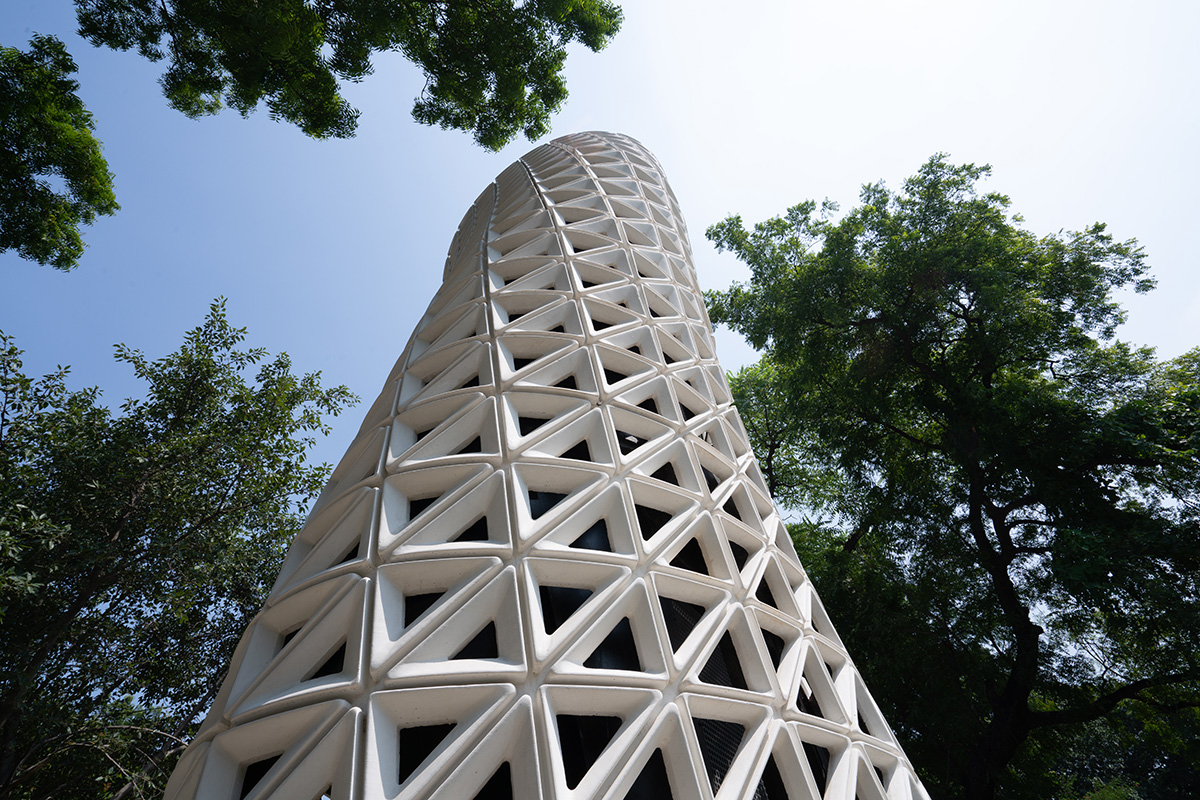Daphne Technology: Innovative technology transforms dangerous emissions into agricultural fertiliser
Text: Jessica Holzhausen | Photos: Daphne Technology

With industry experts and the support of some of the largest energy providers in the world, Daphne has the ability to transform the future of the maritime industry. Photo: © Shutterstock
T he Swiss start-up Daphne Technology is developing a unique new exhaust cleaning system for the marine industry, which faces tighter emission regulations from 2020. The SulPure technology removes sulphur oxide and nitrogen oxide from engine exhaust gas, using a three-step system, including a patented nanotechnology. The company is currently building a prototype.

The Earth’s atmosphere consists of an incredibly precise and delicate balance of gases that allows life to exist. Yet despite humanity’s reliance on this life-support, we voluntarily emit particulate matter and gases that are toxic and damaging to the atmosphere.
In particular, sulphur oxide is a huge problem for the environment when blown into the air without any filters. It can, for example, cause acid rain, environmental and health issues, especially close to important shipping lines. Recent years, therefore, have seen a large shift in regulations, intending to cut sulphur in exhaust gases. Low emission zones were established in 2015, and in 2020, sulphur emissions worldwide will have to be reduced to 0.5 per cent from the current 3.5 per cent. That is why many shipping companies will have to invest in new filters for their merchant fleets.
Currently used technologies, so called wet scrubbers, are showering the exhaust with sea water to wash out sulphur oxides from the fumes. Sulphur oxides are washed out together with an uncontrolled amount of heavy metals and a diverse set of hydrocarbons. This poisonous cocktail has a direct negative (lethal) effect on aquatic life.

SulPure prototype with functionalised carbon nanotubes will be finalised in Q4 2020 in Gothenburg, Sweden.
“We have a completely new approach,” says Daphne Technology co-founder and CMO Björn Asplind. “We have no discharge into the sea. In our process, the first step is a filter, which removes particles.” The more exciting part is the second step: Daphne Technology’s patented nanotechnology enhances an electric field between two electrodes. “This creates an electron field with free electrons,” explains Asplind. Simply speaking, these electrons hit other molecules when the gases pass through. “It makes them want to transform, want to attach themselves to something else.” That way, sulphur oxide is turned into sulphuric acid. In a third step, urea is added to neutralise the acidic gases and form solid particles. “These particles can be collected and used as agricultural fertiliser,” says Björn Asplind. “We thereby turn a pollutant into something useful.”
Daphne Technology, an EPFL cleantech spin-off, is based in Lausanne, and has opened a branch in Sweden where the team focuses on developing the company’s innovative technology. Currently ten employees and various contractors and consultants are working on the prototype. Once finished and tested, the new technology will bring a huge shift for larger merchant fleets, making them more environmentally friendly and effective.

CEO, Mario Michan.
Subscribe to Our Newsletter
Receive our monthly newsletter by email




